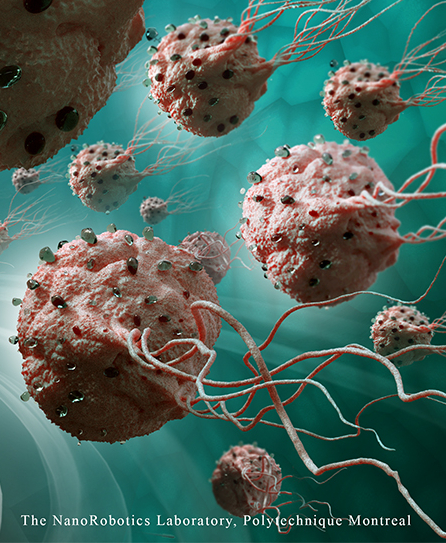Solid tumours targeted
 Researchers have made big strides in the battle against solid tumours, which make up 90 per cent of all cancer cases.
Researchers have made big strides in the battle against solid tumours, which make up 90 per cent of all cancer cases.
A new study by experts at Peter MacCallum Cancer Centre tested new immunotherapy treatments for these hard-to-treat cancers.
Professors Phil Darcy and Paul Beavis, along with Dr. Junyun Lai, have advanced the application of Chimeric Antigen Receptor (CAR) T-cell therapy - originally used in blood cancers - to effectively target solid tumours.
This treatment involves genetically modifying a patient's immune T-cells to better recognize and destroy cancer cells.
The team discovered a gene, FOXO1, that when stimulated, significantly boosts the CAR T-cells' ability to combat cancer.
“Our research identified a gene called FOXO1 that can be stimulated to enhance CAR T-cell polyfunctionality, metabolic fitness, and efficacy against solid tumours,” explained Professor Darcy.
“Essentially, it means the new T-cells can use multiple techniques to kill and destroy the cancer cells, are more effective in killing those cells and last longer in the body in a ‘memory state’.”
The study tested this new approach using models of ovarian, breast, and colon cancers.
The results indicate that activating FOXO1 makes the CAR T-cells younger, more dynamic, and more capable of sustaining prolonged fights against cancer.
“No other study has looked at using factors to enhance the metabolic fitness of CAR T-cells,” said Associate Professor Beavis.
The research team says it will continue to explore this promising avenue.
The full study is accessible here.







 Print
Print


